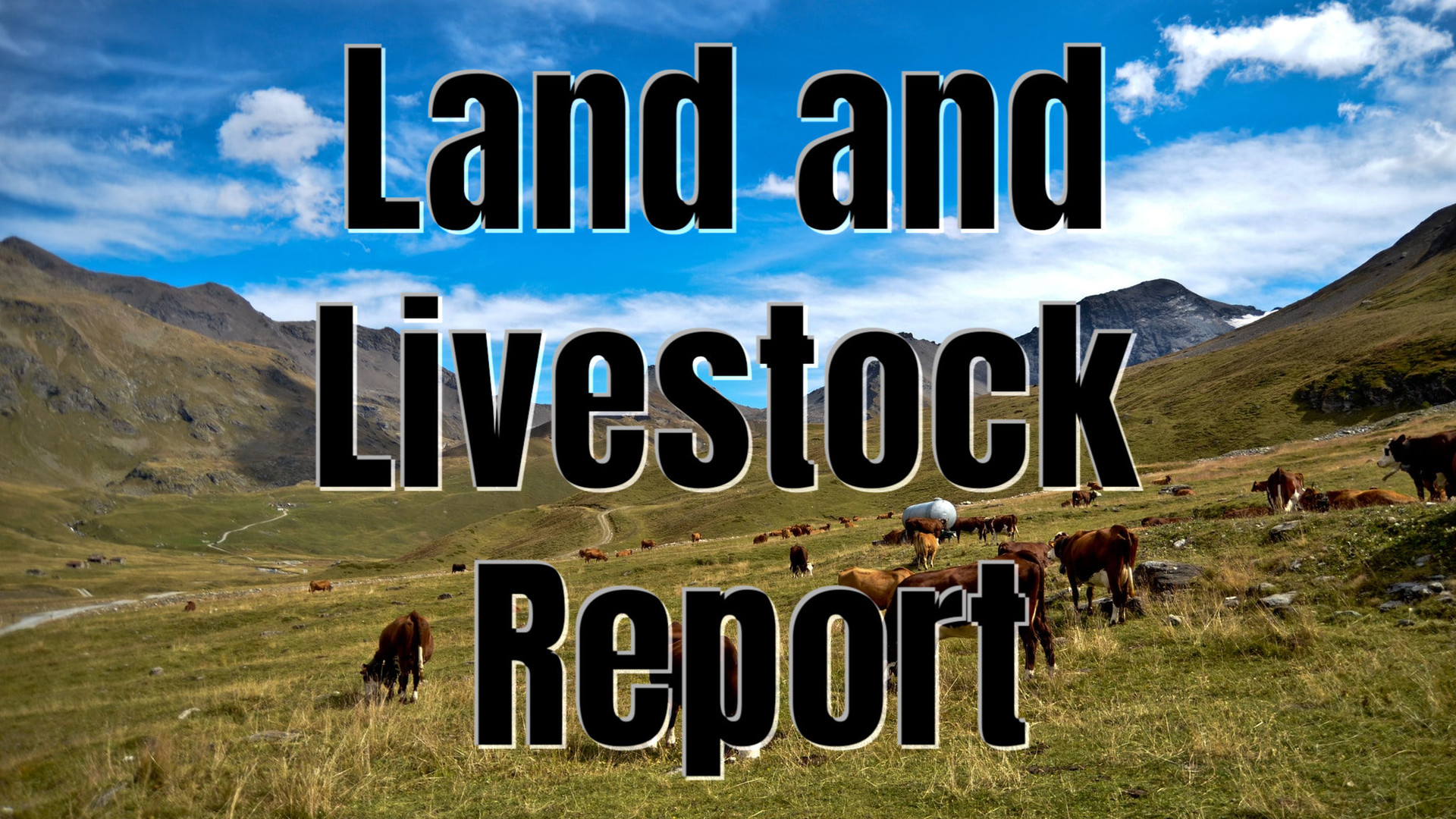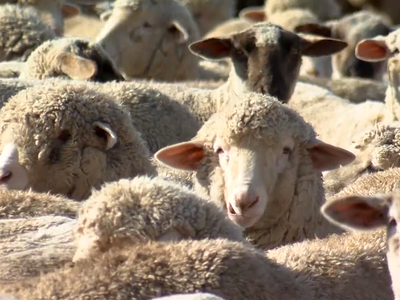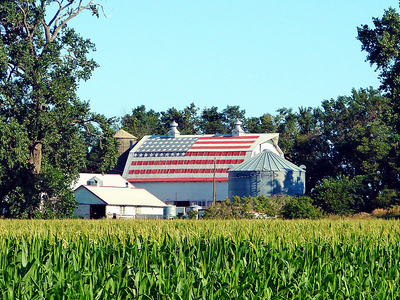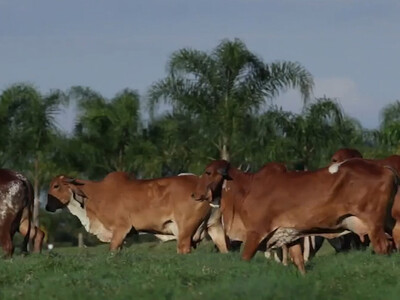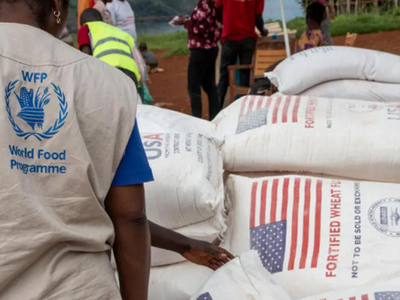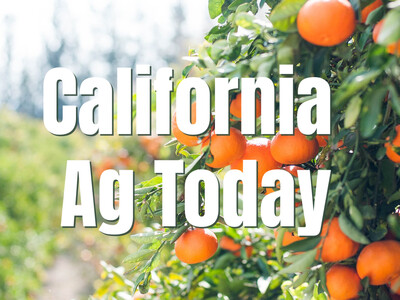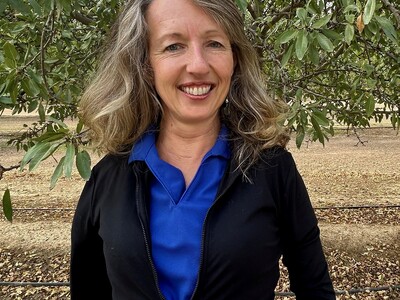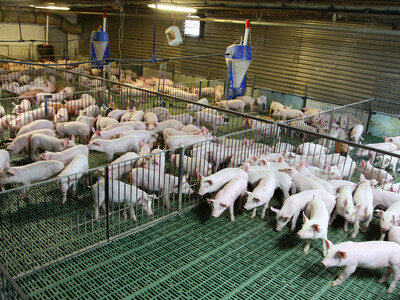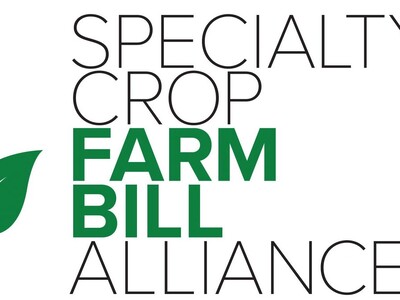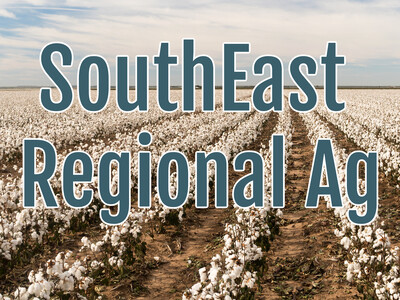Fall Pasture Warning
As plant growth slows we’ve been more diligent about rotating horses on our acreage to maximize grazing time, not only does it help the grasses it keeps our horses healthy. I’m Susan Allen I’ll be back to tell you why rotational grazing is critical for livestock health especially in the fall. As plant growth slows in the fall there is the tendency for horses and cattle to overgraze pastures and eat plants they normally wouldn’t and shouldn’t. According to the horse health web site, The Horse.com overgrazing leads to an increase of horses becoming ill or dieing from plant poisoning. Livestock toxicity can be tough to diagnose as tests can be difficult to come by and on some occasion the toxins can actually be out of the animals system before the horse exhibits kidney failure or other illnesses. Given good pasture cattle and horses tend to avoid most poisonous plants so forage specialists recommend keeping pastures rotationally grazed and allowing grasses periods of rest to keep toxic plants from invading. As I have said on previous programs in the Northwest there are region specific poisonous plants and trees so it is wise to consult your extension agent. Some found throughout our region that horses should always avoid are red maple especially the leaves as they are especially toxic when wilted. Make sure shavings aren’t from black walnut as it can cause laminitis. Cherries, apricot peaches and plums can be toxic, plus many ornamental plants like yews and boxwoods and finally always keep patures tansy ragwort free.


